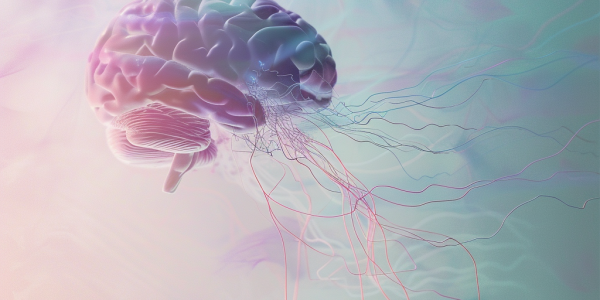New Research Identifies Key Cell Types in Amygdala Linked to Anxiety Disorders
Recent research from UC Davis reveals new insights into the amygdala’s role in anxiety and fear processing. Identifying specific ‘gatekeeper’ cell types within the amygdala, this study highlights potential targets for innovative treatments of anxiety disorders. Published in the American Journal of Psychiatry, the findings emphasize the need for a deeper understanding of cellular functions in emotional regulation, paving the way for more effective therapies tailored to the biological mechanisms of anxiety.
Study Reveals Context-Dependent Nature of Fear Responses in the Brain
Recent research from Northeastern University reveals that fear responses in the brain vary based on context, challenging traditional views of fear processing. Published in JNeurosci, the study utilized functional MRI scans on 21 participants exposed to fear-inducing videos, highlighting how different fears activate specific brain regions. This groundbreaking work enhances our understanding of fear and could lead to improved treatments for phobias and anxiety disorders.
Fear’s Influence on Decision-Making Differs for Men and Women, Study Finds
Recent research suggests that fear may have a different impact on decision-making for women and men when it comes to choosing between short-term and long-term rewards. A study conducted by researchers from the University of Padua, Italy, found that women in a state of fear were more likely to opt for immediate, smaller rewards over larger delayed ones, while men’s decisions appeared to be unaffected by their emotional state. The study, published in the open-access journal PLOS ONE, delved into the complexities of decision-making, particularly in the context of weighing short-term gains against long-term benefits or costs.



